When I was a student at the Sorbonne in Paris, I asked a question of my professor of Russian and Eastern European geography, Yann Richard, regarding the Russia-Armenia relationship. His answer, mostly from an economic perspective, contained a quite accurate expression: "Armenia … is a branch [succursale] of Russia." What has changed in the last eight years in this regard? Hardly anything.
To understand this unconditional acceptance of Russian control, and even domination, it is indispensable to know the history and ideology. When Armenian national movement emerged in the 19th century, and even more clearly by 1912, the Armenian national movement placed its hopes in Russia imperialism, this giving no credence or consideration to the price for Armenian civilians of the Ottoman Empire and the Russian Caucasus. The tsarist government used Armenians against Ottoman and Azerbaijani Turks, for its own interests only, particularly against the rising patriotism in Azerbaijan (1905) and to invade eastern Anatolia (1914-1917). In spite of this, the short-lived Armenian Republic (1918-1920) preferred White Russians to Americans in 1919. During the Cold War, the main organizations of the Armenian diaspora sooner or later turned to the Soviet side, and the two main Armenian terrorist groups of the 1970s and 1980s (ASALA and JCAG) were materially helped and abetted by the USSR.
Those who dreamed about a major change with the breakup of the Soviet Union and subsequent Armenian "independence" in 1991 are now completely disillusioned. Successive governments in Yerevan have given primacy to the invasion (1992-1994) and since 1994 to the occupation of Western Azerbaijan (about 20% of its territory). As the U.S. government, the United Nations, and the European Union officially support the territorial integrity of Azerbaijan, in conformity with international law, this is hardly a surprise if the Armenian cabinets have placed their country in the hands of Russia and Iranian mullahs. Since 2013, Armenia ceased any moves toward EU affiliation and abandoned past plans for Euro-Atlantic integration, only to cast its lot with the Russian-led Customs Union. President Serge Sarkissian used the following metaphor this year: "Armenian cognac can't really be sold in Paris. But it does well in the Russian Federation." It is now plain to see that the countless overtures and efforts of Nicolas Sarkozy and François Hollande were fruitless. This is a lesson for both European and American leaders.
Correspondingly, the only remaining Russian military base in the South Caucasus is located in Armenia. With a chuckle from the international community, on July 2, 2015, it was announced that Moscow would give Armenia a $200-million loan to purchase sophisticated Russian weapons at a discount. These expenses not only reinforce the dependence of Armenia on Russia, but also show that the priority of the government is by no means the welfare of the people, but the fight against neighbors, particularly Azerbaijan, arguably the most pro-Western country of the region. In addition and in political terms, Yerevan has endorsed the Russian illegal annexation of Crimea, against all the Western countries and against international law.
Adding to Armenia's plight, the irredentist policy of the successive Armenian cabinets has placed the country in a disastrous economic situation: in 2013, Armenia ranked 152nd in the world in income per person, between Iceland and Pakistan. Of the three, Armenia is the only country where food is a real problem. Blind irredentism also seriously undermines the sovereignty of Armenia, but this is only logical, because the official ideology imposed by the party in power since 1998 (and to a large extent shared by the pre-1998 cabinets) is above all irredentist. President Sarkissian even reiterated, in 2011 and 2015, the old territorial claims against Turkey through NATO. In perfect continuity, Mr. Sarkissian also opened a memorial for ASALA terrorists (who also claimed Turkish and Azerbaijani territories).
This ideology is much closer to Mr. Putin's ideas than to what is popular in Western democracies. A clear example was provided last year, when Armenian supporters of Russia attacked a Western-oriented compatriot for promoting "European values," including standing for the banning of domestic violence.
Armenia has a choice. Common sense should derive from a simple map: as a poor, landlocked country, among Turkey, Georgia, and Azerbaijan, without any boundary with Russia, the only rational choice for Armenia is to reconcile with Ankara and Baku and to turn to the EU and the U.S. Not seeing this obvious fact and acting upon it undermines Armenia's self-interest, not to mention the strategy of Western powers in the region.
Maxime Gauin is a French expert in international relations and Eurasian affairs. He is a scholar in residence at the Center for Eurasian Studies (AVIM, Ankara).
This article was originally published in American Thinker on August 22, 2015.

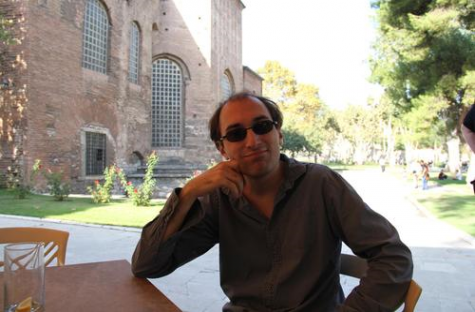 MR. NALBANDIAN DID NOT TELL THE TRUTH
MR. NALBANDIAN DID NOT TELL THE TRUTH
 PATRICK DEVEDJIAN: A NEO-FASCIST WHO WAS A LIFE-LONG SUPPORTER OF TERRORISM
PATRICK DEVEDJIAN: A NEO-FASCIST WHO WAS A LIFE-LONG SUPPORTER OF TERRORISM
 THE “NEJDEHISM” REMAINS OFFICIAL IN ARMENIA
THE “NEJDEHISM” REMAINS OFFICIAL IN ARMENIA
 ARMENIA, THE 'BRANCH OF RUSSIA' IN THE SOUTH CAUCASUS
ARMENIA, THE 'BRANCH OF RUSSIA' IN THE SOUTH CAUCASUS
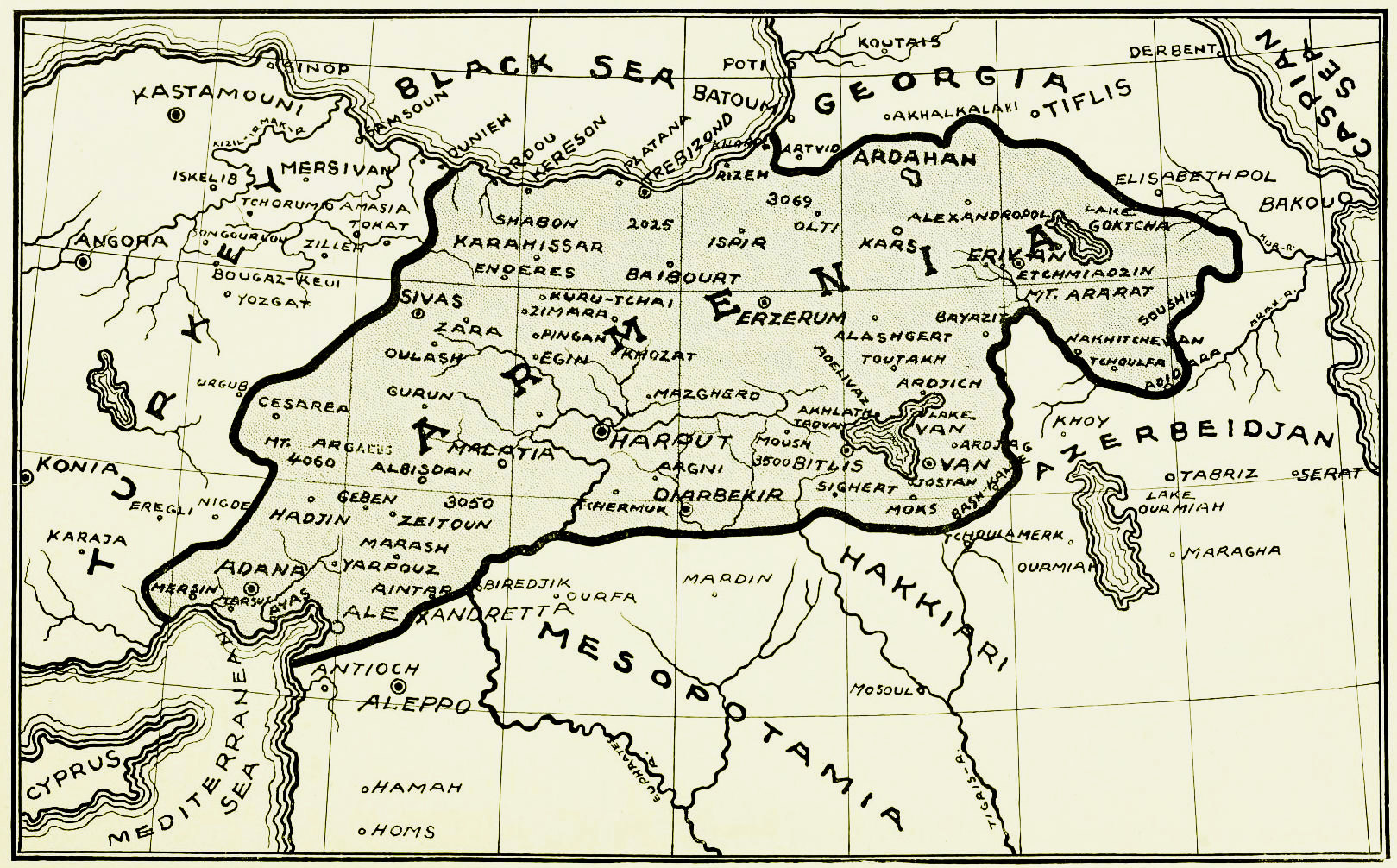 THE COLLAPSE OF DASHNAK ARMENIA IN 1920 AND THE DEBACLE OF NIKOL PASHINYAN’S REGIME IN 2020
THE COLLAPSE OF DASHNAK ARMENIA IN 1920 AND THE DEBACLE OF NIKOL PASHINYAN’S REGIME IN 2020
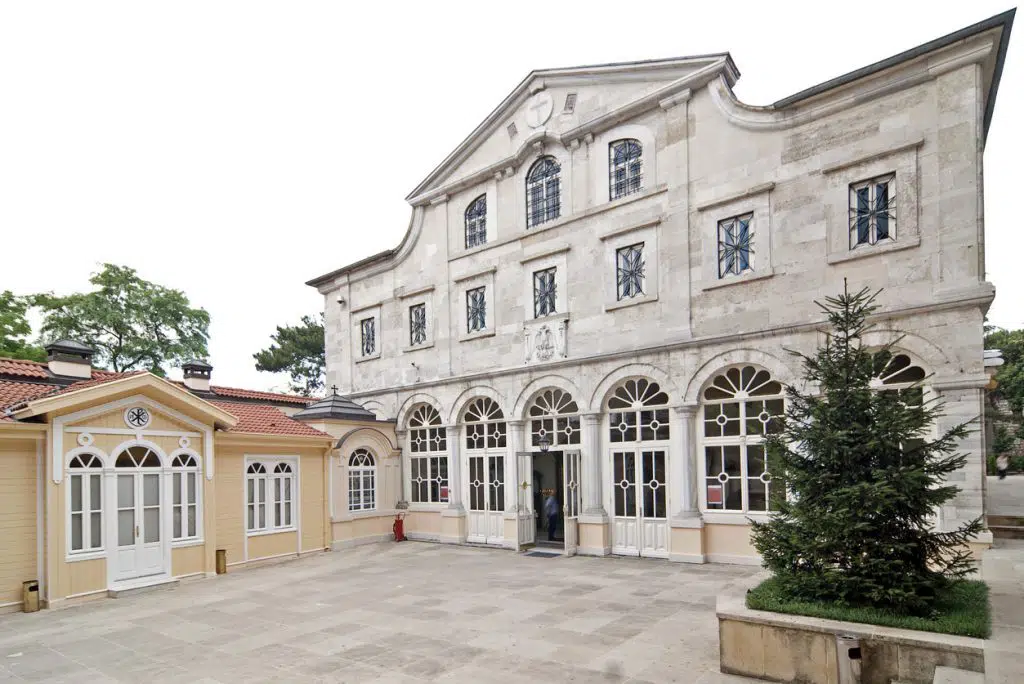 THE LEGAL STATUS OF THE FENER GREEK PATRIARCHATE
THE LEGAL STATUS OF THE FENER GREEK PATRIARCHATE
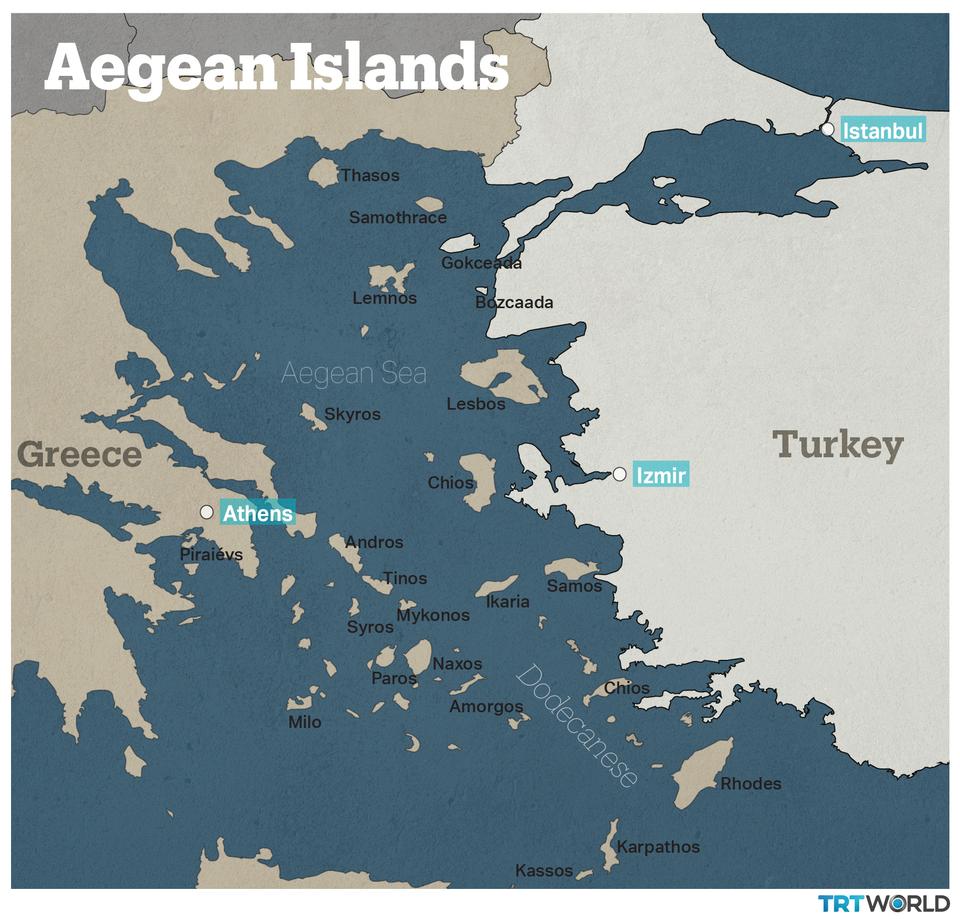 GREEK FOREIGN MINISTER DENDIAS CONCEDES THE DEMILITARIZED STATUS OF THE EASTERN AEGEAN ISLANDS AND THE DODECANESE
GREEK FOREIGN MINISTER DENDIAS CONCEDES THE DEMILITARIZED STATUS OF THE EASTERN AEGEAN ISLANDS AND THE DODECANESE
 RISKS AND OPPORTUNITIES REGARDING THE BLACK SEA SAFETY
RISKS AND OPPORTUNITIES REGARDING THE BLACK SEA SAFETY
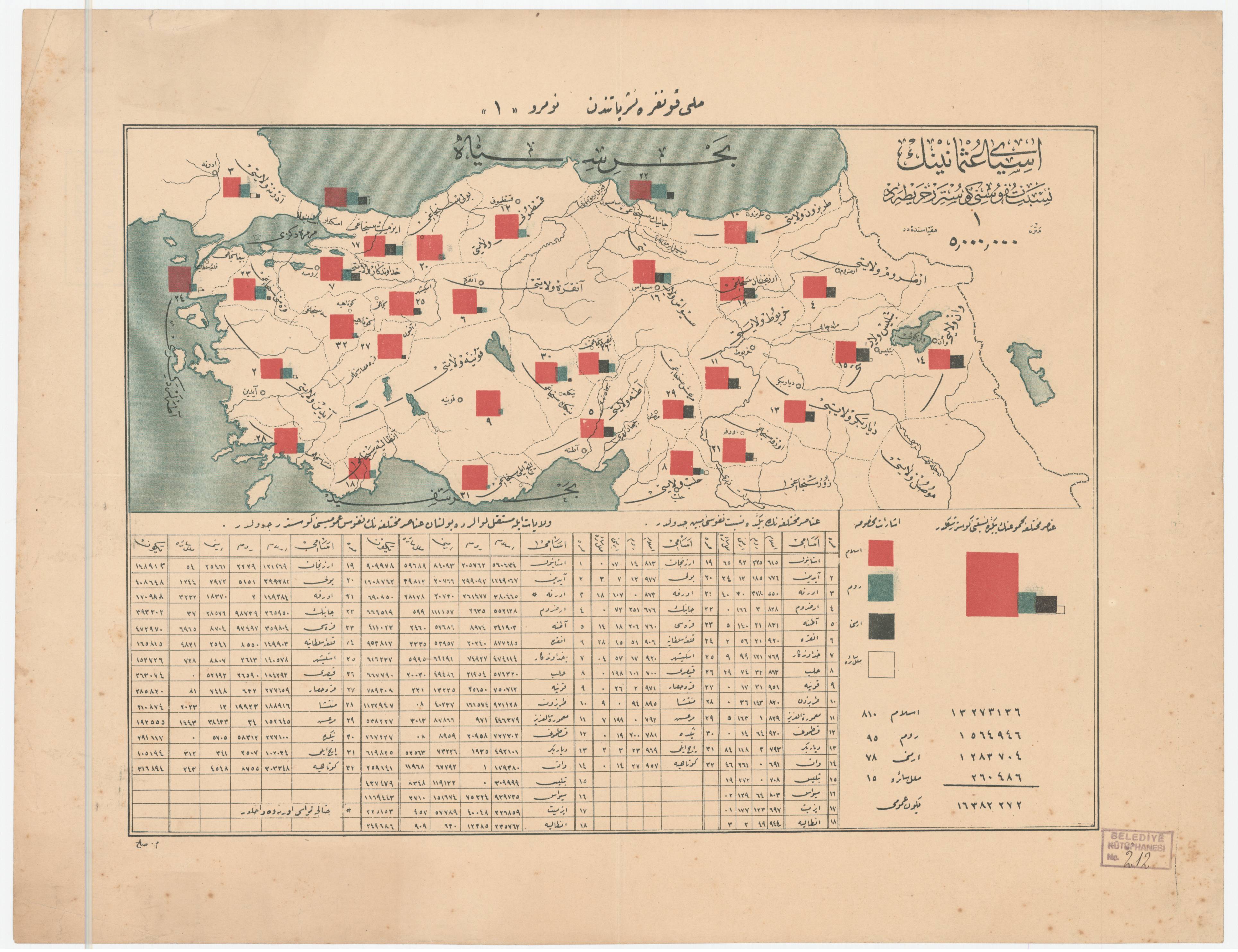 STATISTICAL INFORMATION REGARDING OTTOMAN ARMENIANS AND FOREIGN RESOURCES
STATISTICAL INFORMATION REGARDING OTTOMAN ARMENIANS AND FOREIGN RESOURCES




























